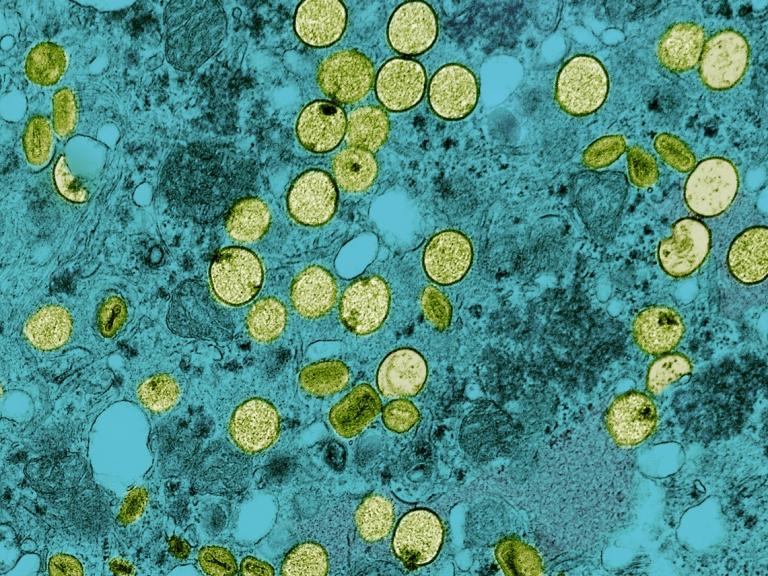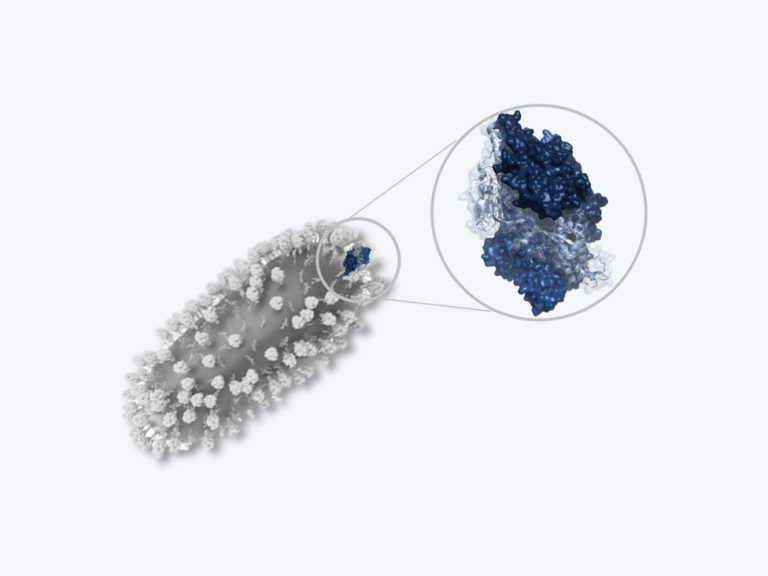Vaccines stimulate the immune system to produce immune responses that protect against infection. Vaccines provide a safe, cost-effective and efficient means of preventing illness, disability and death from infectious diseases.
Vaccines have saved millions of lives worldwide and dramatically reduced the prevalence of many life-threatening infectious diseases. Yet there remains a need for new and improved vaccines against existing infectious diseases, as well as a need for rapid development of experimental vaccines to address emerging infectious diseases. NIAID supports and conducts research to identify new vaccine candidates to prevent a variety of infectious diseases, including those for which no vaccines currently exist. NIAID-supported research also aims to improve the safety and efficacy of existing vaccines.
Vaccine Research at NIAID
NIAID conducts and supports numerous stages of the vaccine development process, ranging from basic immunology research to clinical testing of candidate vaccines. Basic research aims to understand the complex interactions between pathogens and their human hosts and generate the knowledge essential for developing safe and effective vaccines. Preclinical research helps advance promising vaccine candidates into human testing. Clinical trials evaluate the safety, tolerability and efficacy of investigational vaccines in people.
Highlights

Mpox Vaccine Is Safe and Generates a Robust Antibody Response in Adolescents
A clinical trial of an MVA-BN mpox vaccine in adolescents found it was safe and generated an antibody response equivalent to that seen in adults. Adolescents are among the population groups affected by mpox in the current Clade I mpox outbreak. The results of this trial were presented at the IDWeek2024.

Safe and Effective RSV Protein Vaccines
NIAID-funded basic and clinical studies helped establish the fundamental knowledge necessary for the private sector to develop protein vaccines. These vaccines are safe and effective at preventing severe RSV in some target populations.

Vaccine Research Center Clinical Trials
The Vaccine Research Center evaluates candidate vaccines and monoclonal antibodies targeting HIV, influenza, Ebola, and other emerging infections. Learn more about the research and volunteer.
News Releases
NIAID Now Blog
Funded Research News
- Updated Hep B Vaccine More Effective for People with HIV
December 11, 2024 - Delayed Antibody Treatment May Improve Efficacy of mRNA Vaccines
October 28, 2024
Related Public Health and Government Information
For general health information about vaccines, visit Vaccines.gov and the Centers for Disease Control and Prevention’s Vaccines & Immunizations site. Vaccines are held to very high safety standards; for more information, see the Vaccine Safety page on Vaccines.gov.


